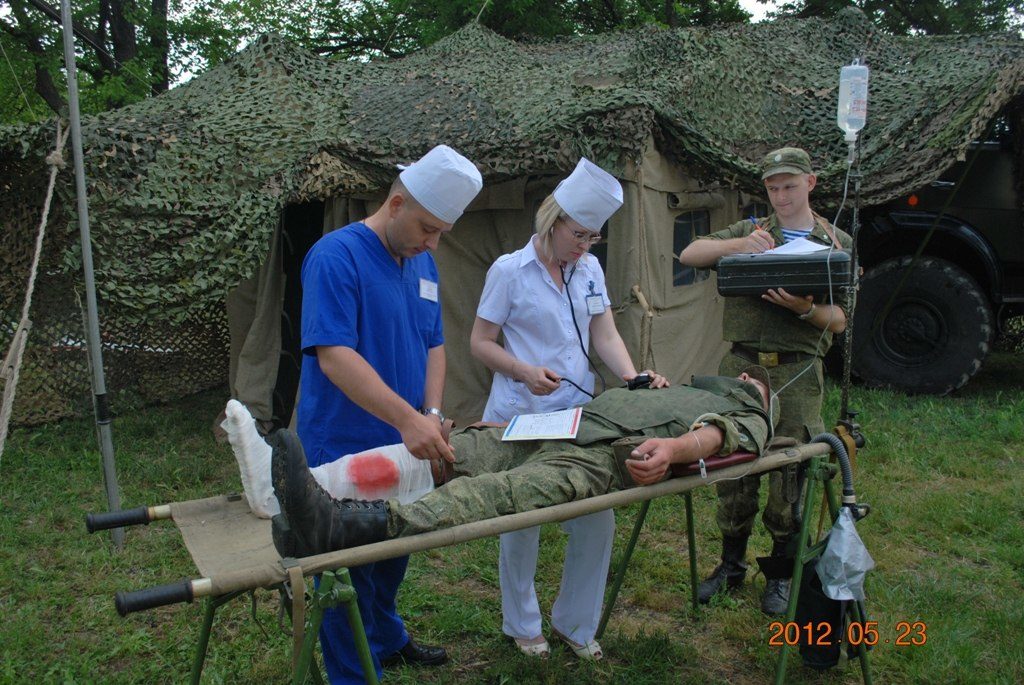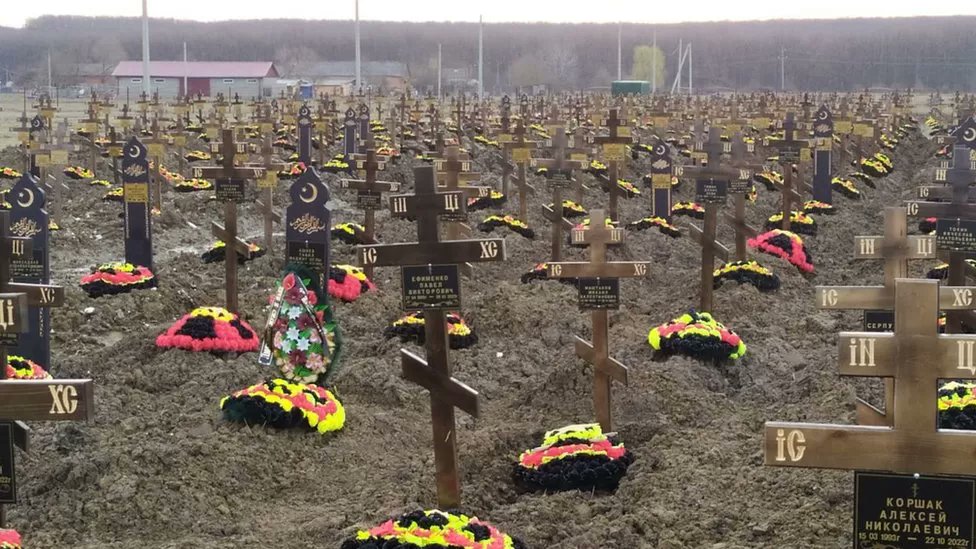1/ Mobilised Russians serving in the occupied part of Ukraine's Zaporizhzhia region say they are regularly being beaten and thrown into a zindan – an open-air dungeon – as punishment by a sadistic commander. One man is said to have been imprisoned in a zindan for five months. ⬇️
2/ There have been a number of reports from independent Russian media sources of soldiers being detained in zindans, essentially pits dug into the ground with a metal grating covering them. At least 2 zindans appear to be in use.
https://twitter.com/ChrisO_wiki/status/1649795809821720578
3/ The "We can explain it" Telegram channel reports on a new example described by relatives of men in the 1455th regiment. According to the men, their commander "regularly uses physical force on them. Those who try to resist the beatings are sent to the pit.
4/ "Some of the soldiers have been there for days and some have been there for months – one of them has been in such conditions for five months. He began to suffer health problems, but the authorities reply to complaints of his relatives with runarounds.
5/ "According to their friends, they were told by the military prosecutor's office that formally the "penalty pit" was a shelter, that is why the regiment commander could not be prosecuted."
6/ The "guilty" men do not take part in combat operations, but are regularly sent to dig trenches on the front line.
Even those who are not being punished say they are being mistreated by their commander.
Even those who are not being punished say they are being mistreated by their commander.
7/ "At the same time, there are problems with food, leave and the recording of wounds. The medical officer is afraid to contradict him, as are most of the servicemen. He uses physical force simply because he feels like it," says a military officer.
Source:
t.me/ostorozhno_nov…
t.me/ostorozhno_nov…
• • •
Missing some Tweet in this thread? You can try to
force a refresh

 Read on Twitter
Read on Twitter








